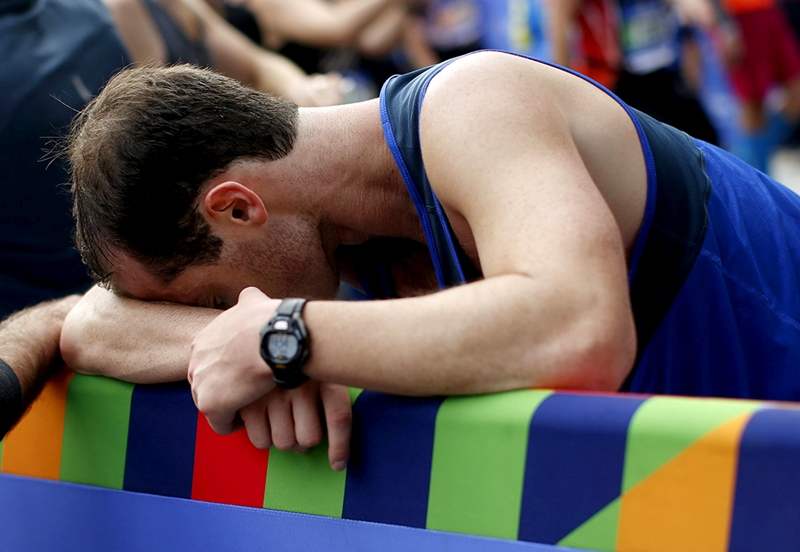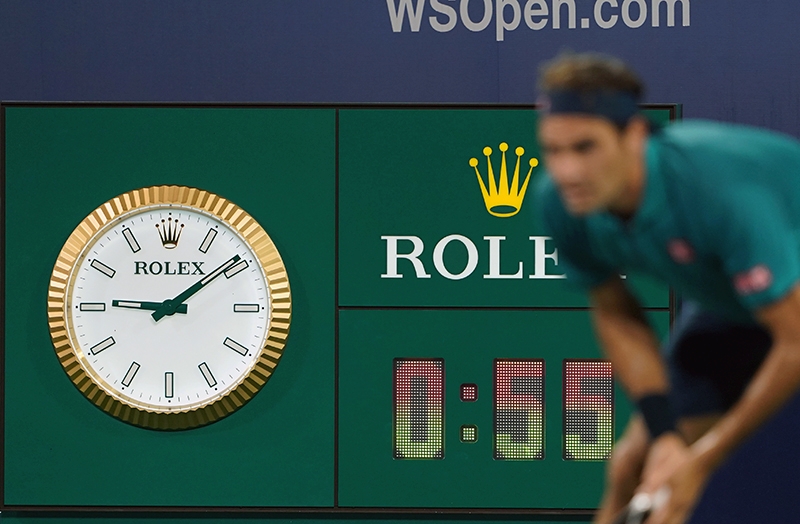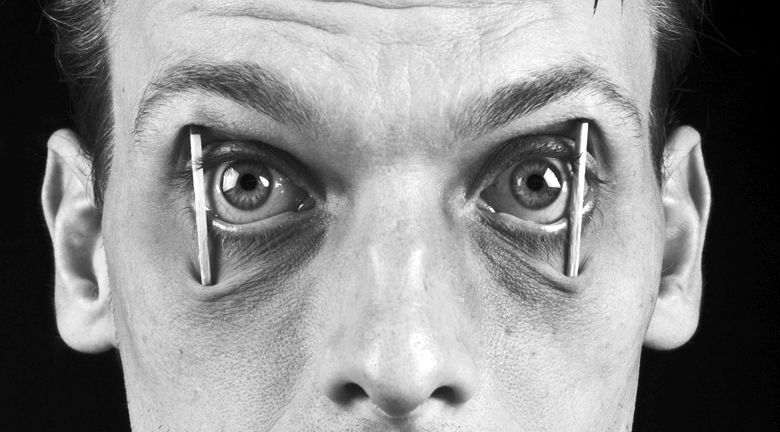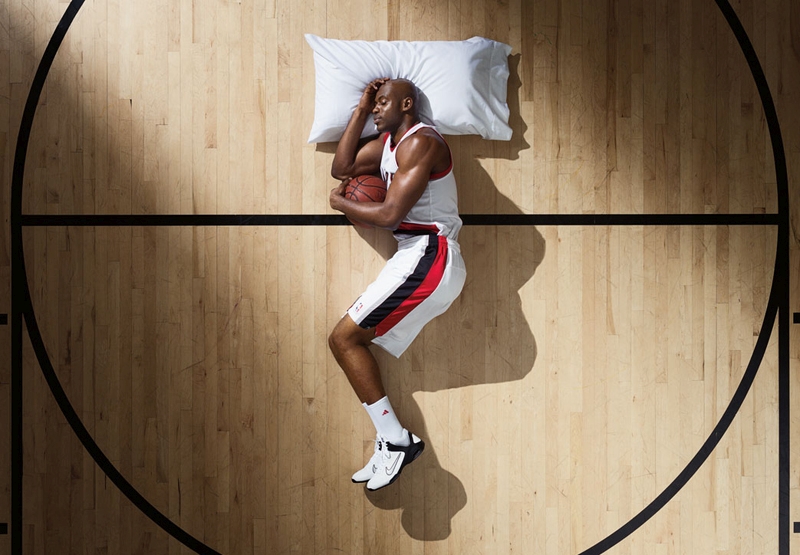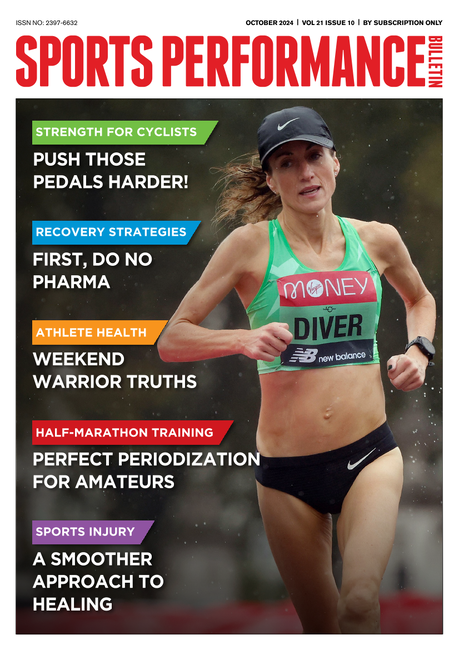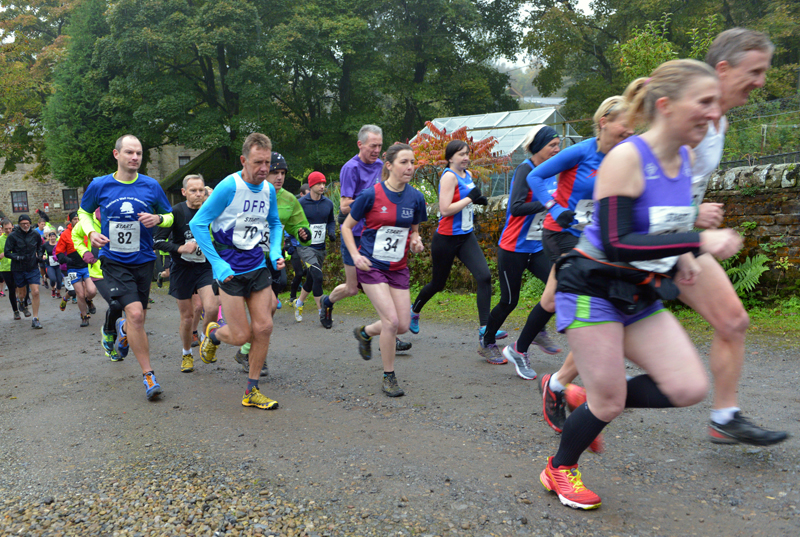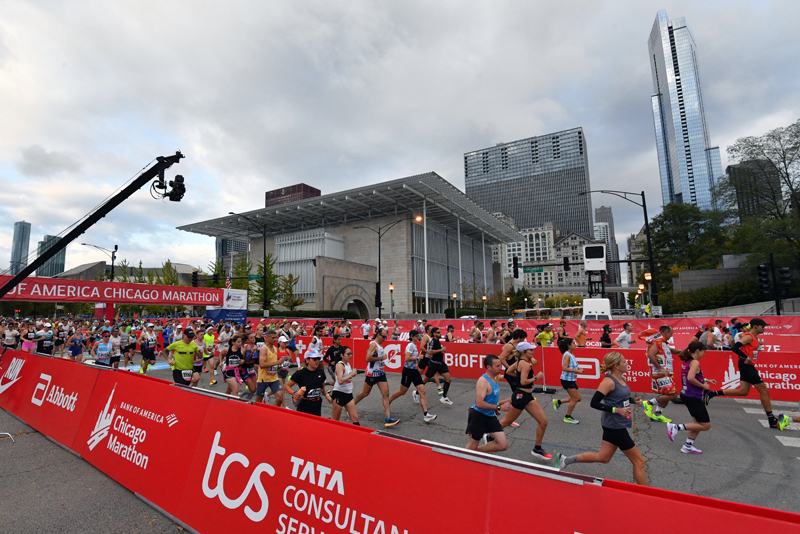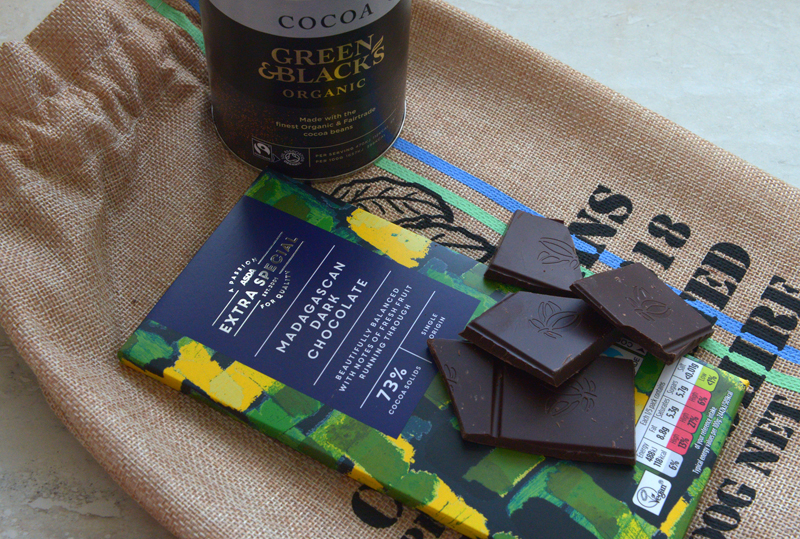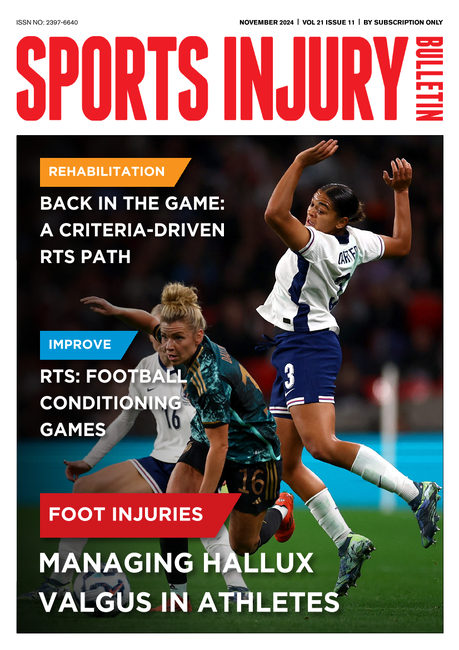You are viewing 1 of your 1 free articles. For unlimited access take a risk-free trial
Race day preparation: making your dreams sweet
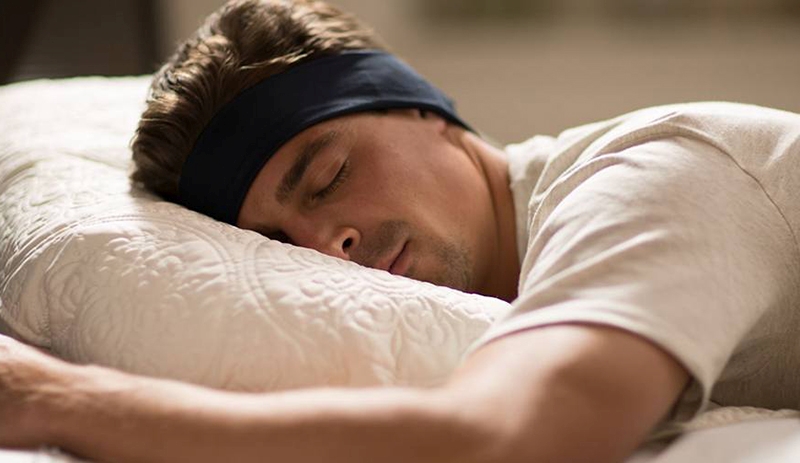
Are there any proven strategies to help ensure a good night's sleep before that all-important race? Andrew Hamilton looks at some recent evidence
One of the many benefits of vigorous exercise is that is helps improve sleep quality. Studies show that regular exercise is associated with reduced sleep latency (ie dropping off to sleep more easily), more restful sleep and more regular sleep patterns. However, even the best sleepers can struggle to get a good night’s sleep when the pressure is on – for example, the night before a big competition or event, when your mind may be racing about what the following day will bring. Falling asleep can be a particular problem; the imperative to get a good night’s sleep in readiness for the big day can ironically make you more anxious, which makes it even harder to get to sleep! Given the importance of sleep, it’s perhaps surprising that there’s very little research on how athletes sleep before and during competition. However, one study on cyclists by Aussie scientists makes for interesting reading.How much sleep loss?
In this study, the goal of the researchers was to determine whether sleep before (and during) competition really is poorer than that before a usual training day, and if so to find out the extent of sleep loss(1). To do this, 21 male endurance cyclists were recruited and their patterns of sleep/wake behaviour were assessed using wrist activity monitors. Wrist activity monitors record and store any movements made while they are worn, allowing precise measurements of sleep duration and any waking phases in the night. The cyclists wore wrist activity monitors for 11 nights, including a six-night baseline training phase (during which they trained normally), for 3 nights before a multi-day competition, and for two nights during the competition itself. What particularly interested researchers were how the sleep patterns changed in the run up to and during the competition.The results showed that on average, the cyclists slept for 7.4 hours per night during their baseline training phase. However, in the 3-night run up to the competition, the cyclists’ sleep duration fell to around 6.5 hours per night, indicating an accumulated sleep deficit. Once the competition started, the cyclists averaged around 6.8 hours per night – improved but still less than they usually slept. Another finding was that the cyclists also went to bed and woke up earlier during competition than they did normally.
More evidence
This research (on cyclists) ties in with a 2011 study on 632 German athletes from various sports, which found that over 62% of the athletes had experienced poor sleep before a sports event at least once during the previous 12 months(2). The main problem was not being able to fall asleep, with nervousness and thoughts about the competition rated as the main causal factors. And while the majority of athletes said that disturbed sleep had had no influence on their performance, some reported effects such as low mood the following day, increased daytime sleepiness and worse performance in the competition or game. Another more recent study found that 64.0% of athletes indicated worse sleep on at least one occasion in the nights prior to an important competition over the previous 12 months, with the main problem being falling asleep – aggravated by thoughts about the competition and nervousness(3).Getting the best sleep - practical implications
If you’re someone who regularly struggles with sleep in the run up to an important event or competition, it’s important to plan ahead and create the best possible conditions for sleep. Useful strategies include:- *Trying to get extra sleep in the nights prior to your event to help combat any shortfall immediately before the event.
- *Be sure to develop and stick to a regular pre-bedtime routine. On the eve of your race however, you should aim to go to bed when you're sleepy-tired, not when it's time to go to bed by habit.
- *Make sure you avoid caffeine completely after lunchtime on the day before competition.
- *Put away any electronic devices at least 90 minutes before you retire. As well as being mentally stimulating at a time of day you need to be switching off, the blue light they emit also interferes with the natural release of the sleep hormone melatonin.
- *Having some relaxation strategies (eg visual imagery) at the ready if you’re struggling to sleep.
- *Being reassured and confident that provided you’re well recovered and don’t already have an accumulated sleep deficit, one night of reduced sleep is unlikely to seriously dent your performance.
- Journal of Sports Sciences 2015. 33(3):293-299
- J Sports Sci. 2011 May;29(8):859-66
- J Sci Med Sport. 2014 Feb 13. pii: S1440-2440(14)00035-8
Newsletter Sign Up
Testimonials
Dr. Alexandra Fandetti-Robin, Back & Body Chiropractic
Elspeth Cowell MSCh DpodM SRCh HCPC reg
William Hunter, Nuffield Health
Newsletter Sign Up
Coaches Testimonials
Dr. Alexandra Fandetti-Robin, Back & Body Chiropractic
Elspeth Cowell MSCh DpodM SRCh HCPC reg
William Hunter, Nuffield Health
Keep up with latest sports science research and apply it to maximize performance
Today you have the chance to join a group of athletes, and sports coaches/trainers who all have something special in common...
They use the latest research to improve performance for themselves and their clients - both athletes and sports teams - with help from global specialists in the fields of sports science, sports medicine and sports psychology.
They do this by reading Sports Performance Bulletin, an easy-to-digest but serious-minded journal dedicated to high performance sports. SPB offers a wealth of information and insight into the latest research, in an easily-accessible and understood format, along with a wealth of practical recommendations.
*includes 3 coaching manuals
Get Inspired
All the latest techniques and approaches
Sports Performance Bulletin helps dedicated endurance athletes improve their performance. Sense-checking the latest sports science research, and sourcing evidence and case studies to support findings, Sports Performance Bulletin turns proven insights into easily digestible practical advice. Supporting athletes, coaches and professionals who wish to ensure their guidance and programmes are kept right up to date and based on credible science.
